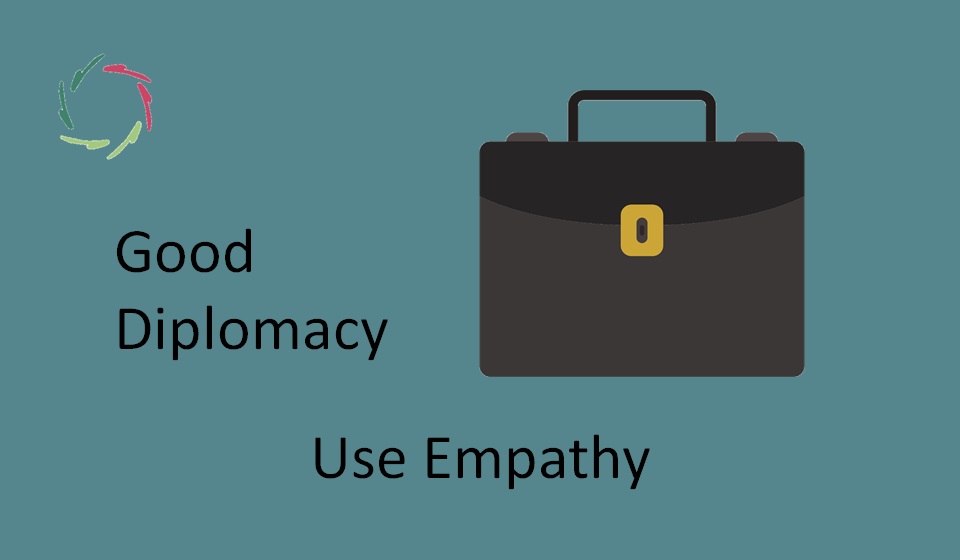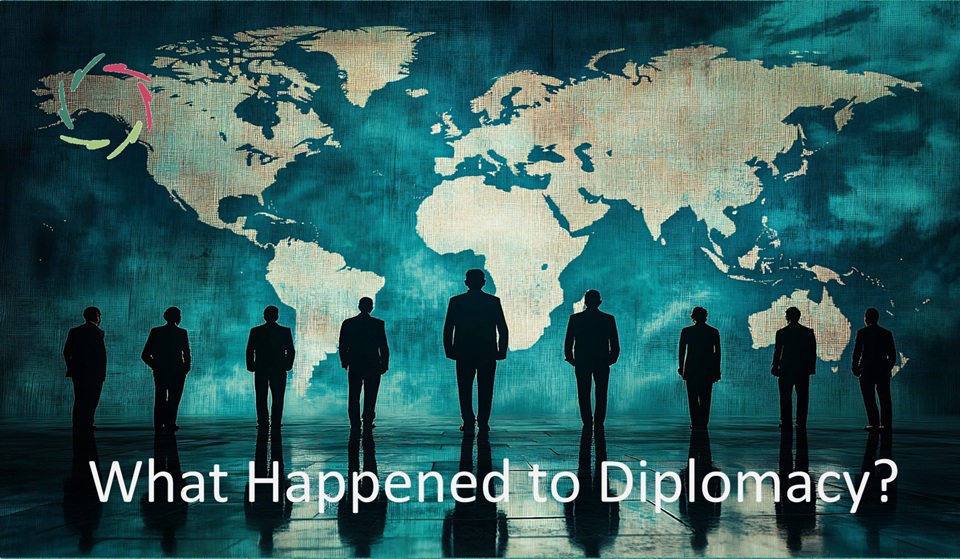Lisa’s Journey into Mediation Mastery

AURELIS Transformative Mediation facilitates a profound journey toward self-improvement and relational harmony. Here are ten use cases with a focus on how Lisa (see category) can act as a mediator, each paired with a concrete example.
Please read first AURELIS Transformative Mediation.
1. Resolving Workplace Conflicts
- Work-out: Lisa can guide employees through their feelings and perceptions, helping them understand their deeper motivations and those of their colleagues. By fostering empathy and open communication, Lisa aids in finding common ground and collaborative solutions.
- Example: Two team members clash over project leadership. Lisa helps them recognize their mutual goal of project success, leading to a shared leadership model that leverages their unique strengths.
2. Enhancing Family Dynamics
- Work-out: Lisa intervenes in family disputes by encouraging family members to express their concerns and needs subconceptually, promoting a deeper understanding and strengthening familial bonds.
- Example: A parent and teenager struggle with communication. Lisa facilitates a dialogue that allows both to express their underlying fears and desires, improving their relationship.
3. Facilitating Peer Mediation in Schools
- Work-out: Lisa can be used by students trained in mediation, providing them with guidance on how to approach disputes among peers with empathy, promoting a culture of understanding and respect.
- Example: During a peer mediation session, Lisa helps mediators address a bullying incident, leading to the bully understanding the impact of his actions and apologizing.
4. Navigating Divorce Proceedings
- Work-out: Lisa offers a platform for couples to discuss their feelings and concerns about the divorce process in a safe environment, focusing on mutual respect and the well-being of any children involved.
- Example: A couple considering divorce uses Lisa to explore their feelings and decide on co-parenting arrangements that prioritize their children’s emotional health.
5. Improving Team Collaboration
- Work-out: Lisa aids teams in identifying and addressing underlying tensions and miscommunications, fostering a culture of mutual support and shared goals.
- Example: A project team faces internal conflict. Lisa helps them uncover and address issues of trust and responsibility, leading to a more cohesive team dynamic.
6. Supporting Community Dialogue
- Work-out: Lisa facilitates discussions on community issues, helping participants to explore diverse perspectives and work towards collective solutions.
- Example: In a neighborhood dispute over a new development, Lisa helps community members express their concerns and desires, leading to a compromise that satisfies most stakeholders.
7. Addressing Workplace Bullying
- Work-out: Lisa provides a confidential space for victims to articulate their experiences and for perpetrators to reflect on their actions, promoting empathy and behavioral change.
- Example: An employee being bullied uses Lisa to articulate their feelings and develop strategies for addressing the situation, eventually leading to a mediated conversation with the bully.
8. Cultivating Self-Reflection in Leadership
- Work-out: Lisa assists leaders in exploring their leadership style and its impact on their team, fostering growth and adaptive leadership practices.
- Example: A manager uses Lisa to explore personal challenges in leadership, leading to a deeper understanding of their team’s needs and a more inclusive approach.
9. Enhancing Patient-Provider Communication
- Work-out: Lisa can mediate conversations between healthcare providers and patients, ensuring that patients’ concerns and preferences are heard and respected.
- Example: A patient feels their concerns are not being addressed by their doctor. Lisa helps articulate their fears and desires, leading to a more satisfying healthcare experience.
10. Facilitating Recovery and Rehabilitation
- Work-out: Lisa supports individuals in recovery programs by helping them understand and articulate their emotions and challenges, promoting self-awareness and resilience.
- Example: An individual in a rehabilitation program uses Lisa to explore underlying issues contributing to addiction, fostering personal insight and aiding recovery.
These examples showcase the versatility of Transformative Mediation through Lisa, underlining its potential to foster deep, meaningful change across a wide range of scenarios.


